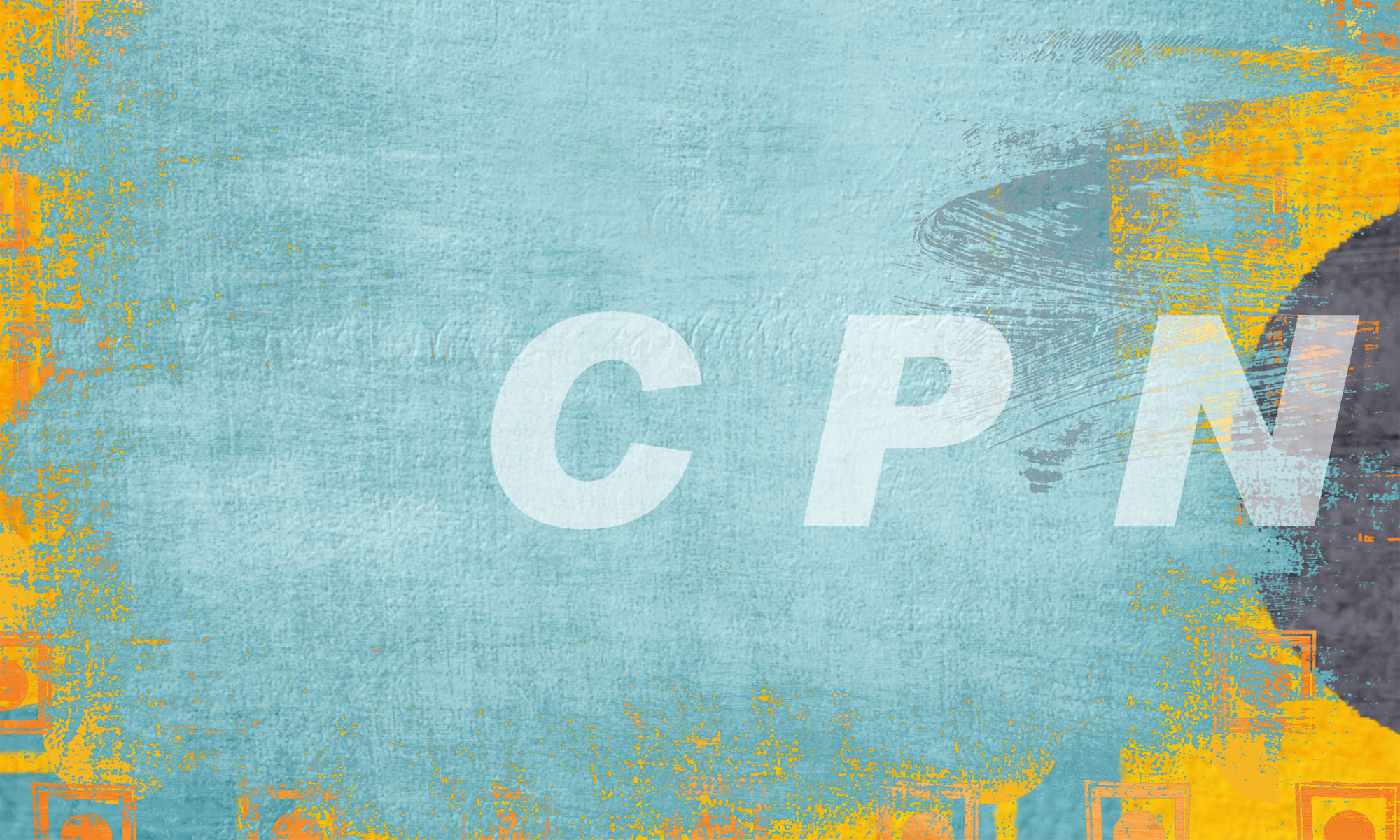The latest Thinking Out Loud podcast, recorded last Wednesday, Sept 3rd, has been released. The topic was:
“What would it mean to be perfect?”
Participating were Deborah Martin, Steven Stokes, and Frank Ebbecke in cyberspace and Carole Abel and myself in the Charlottesville public library space. This represents a new milestone for Thinking Out Loud. We had, for the first time, more cyber guests than local participants.
I was especially pleased to see the return of Carole Abel and Frank Ebbecke, both veterans of our original philosophy group which formed many years ago. Frank has since moved to San Antonio, Texas, and Carole moved to the country but still works in Charlottesville. Neither of them had graced us with their insights for quite awhile and I am so please to have them back in the fold. Welcome back, Carole and Frank.
For those of you who couldn’t make it to the live discussion, here are some of the questions we wrestled with:
Is it true that no one is perfect? Is perfection an impossible goal? Or are we perfect as we are? What does it mean or would it mean to be perfect? Does perfect mean to be flawless? Does it mean to be “suitable to one’s purpose”? How are we to know our purpose? Do we settle for mediocrity and decide not to strive for perfection because we are taught that perfection is not attainable? What would be on the list of “essentials” for human perfection? Is “carrying one’s own weight” an essential element? Is doing one’s fair share a subjective judgment or an obvious objective fact, when “all the dust has settled”? Does a virtue have to be objectively obvious to be an essential element of perfection? How about not laughing at the shortcomings of others and forgiving transgressions without hesitation? Are these essential elements of human perfection? Is it always appropriate to forgive? Is it wrong to have feeling of Schadenfreude (delight in another person’s misfortune) even if one does not express them outwardly? Can one and should one control one’s inner feelings, in order to be perfect? Does perfection also require making the most of one’s talents, pursuing one’s passions, and never selling out? What else might belong on the list? What can we say about physical perfection? How about perfection of temperament or personality? Aren’t we born with some imperfections that we cannot change? How are we to pursue perfection? Is it a simple act of will?
Is a personal transformation required? What are the roles of attitude, motivation, social context, support, and intervention in the pursuit of perfection? Isn’t service to others part of perfection, especially in helping others to achieve their own perfection? Wouldn’t a perfect person recognize that accomplishment, love, happiness and joy multiply in sharing? And even if perfection is not absolutely attainable, can we not strive in its direction? Does perfection not beckon us like a beautiful sunset on the distant horizon, perhaps out of reach, but guiding us and inspiring us nonetheless?
As always, your afterthoughts are most welcome. Please make use of the online forum for further discussions on this topic.
Finally, mark your calendars. The next Thinking Out Loud will be Wednesday, October 1st, at 7:00 pm, in the Central Library. We will select a topic at the beginning of the next session as usual. Hope to see or hear from you then, if not sooner.
